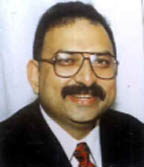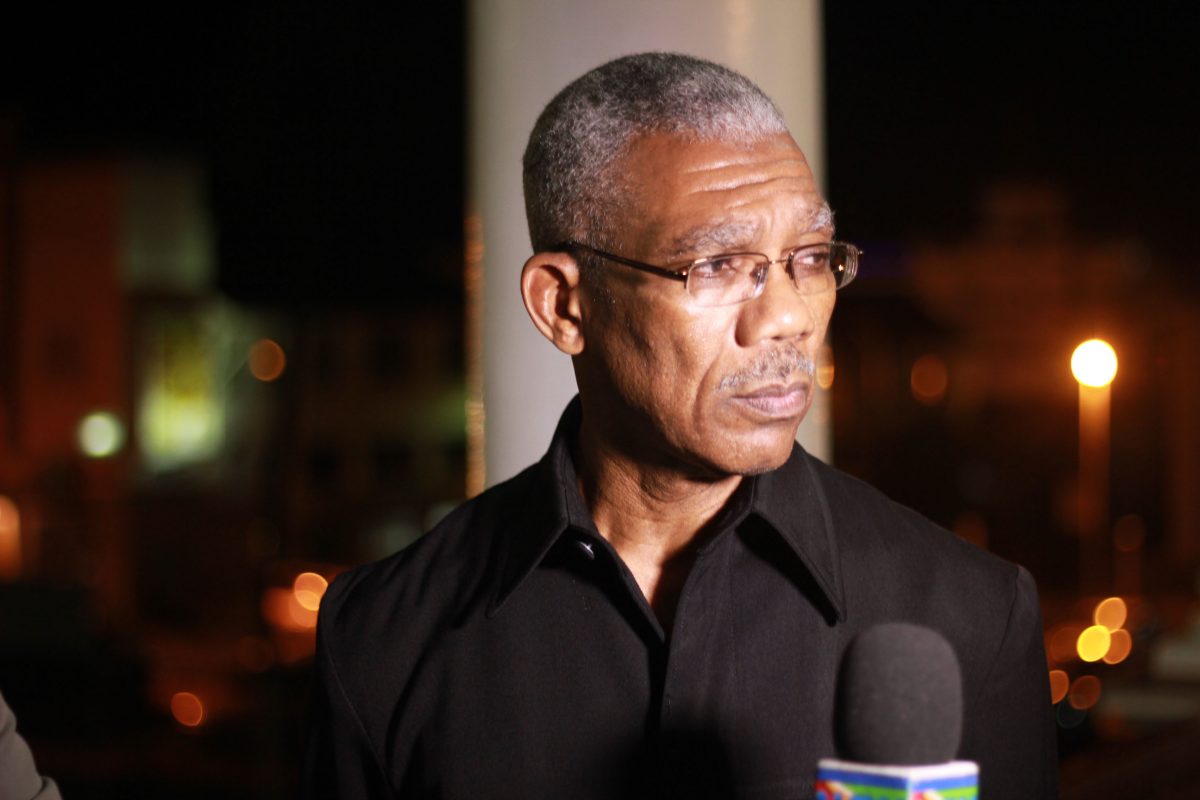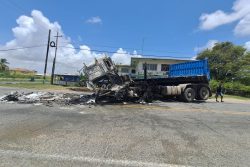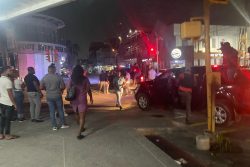Leader of the Opposition David Granger is to move a motion on Thursday seeking to have government appoint a Commission of Inquiry to probe criminal violence from 2004 to 2010 ranging from the killing of Minister Satyadeow Sawh to the massacres at Lusignan, Bartica and Lindo Creek in 2006.
The opposition has long called for such an inquiry but had been rebuffed by the previous Bharrat Jagdeo administration.
With a wafer thin majority, the opposition will likely succeed in having the motion passed but will then have to face the prospect that the government will simply ignore it.
In the recital to the motion which was listed on the Order Paper circulated by Parliament Office yesterday, Granger said, “…this country has witnessed a pattern of unlawful killing of undetermined numbers of persons – including assassinations; executions; murders; extra-judicial killings by members of the Guyana Police Force Target Special Squad and other forms of criminal violence in Guyana during a period of ‘troubles’ on the East Coast and East Bank of Demerara and elsewhere – which were harmful to the public welfare.”

He said that several of these killings have been of a deliberate and systematic nature – “particularly those which occurred at Agricola; Bartica; Buxton; Eccles; Lindo Creek; Lusignan and Bel Air, Bourda and Kitty in Georgetown – which can be classified as massacres and have engendered alarm and despondency among the population.”
He said that some killings involved members of the Guyana Police Force, the Guyana Defence Force and unidentified criminal gangs “in which gangsters were equipped with a variety of electronic ‘eavesdropping’ equipment, weapons and vehicles that were provided with assistance and support by members of the Guyana Police Force.” While not named, Granger is likely referring to the rampage of the Roger Khan-led phantom gang, which has been accused of killing dozens in a campaign to help the police force rein in the unprecedented crime wave engineered by five prison escapees in 2002.
Granger noted that commissions of inquiry and coroners’ inquests have not been conducted into some unnatural deaths and “criminal investigation reports by the Guyana Police Force, with regard to the most egregious of these crimes, have often been inconclusive.”
In the recital, Granger states that Article 138 (1) of the Constitution of the Republic of Guyana prescribes that no person shall be deprived of his life intentionally save in the execution of the sentence of a court in respect of an offence under the Laws of Guyana of which he has been convicted. It said too that in accordance with the Commission of Inquiry Act, Chapter 19:03, the President may issue a commission appointing one or more commissioners and authorizing such commissioner or commissioners to inquire into any matter in which an inquiry would, in the opinion of the President, be for the public welfare.

“And whereas the National Assembly is the supreme legislative forum of our Republic wherein the people’s elected representatives discuss and determine matters of national interest and which is obliged to consider the grave threats to the public welfare and public security which prevailed during the aforesaid period of the ‘troubles’ and which remain substantially uninvestigated, be it resolved that the National Assembly condemns the killing of citizens of Guyana which occurred during the period of the ‘troubles’ and expresses its concern that commissions of inquiry have not been convened to investigate the unlawful killings, including the assassination of a Minister of the Government (Sawh) in April, 2006, on the East Coast of Demerara,” Granger said in the Motion.
The Motion further resolved that the National Assembly calls upon the President of Guyana to appoint a Commission of Inquiry to inquire into the unlawful killing of citizens during the years 2004 to 2010.










